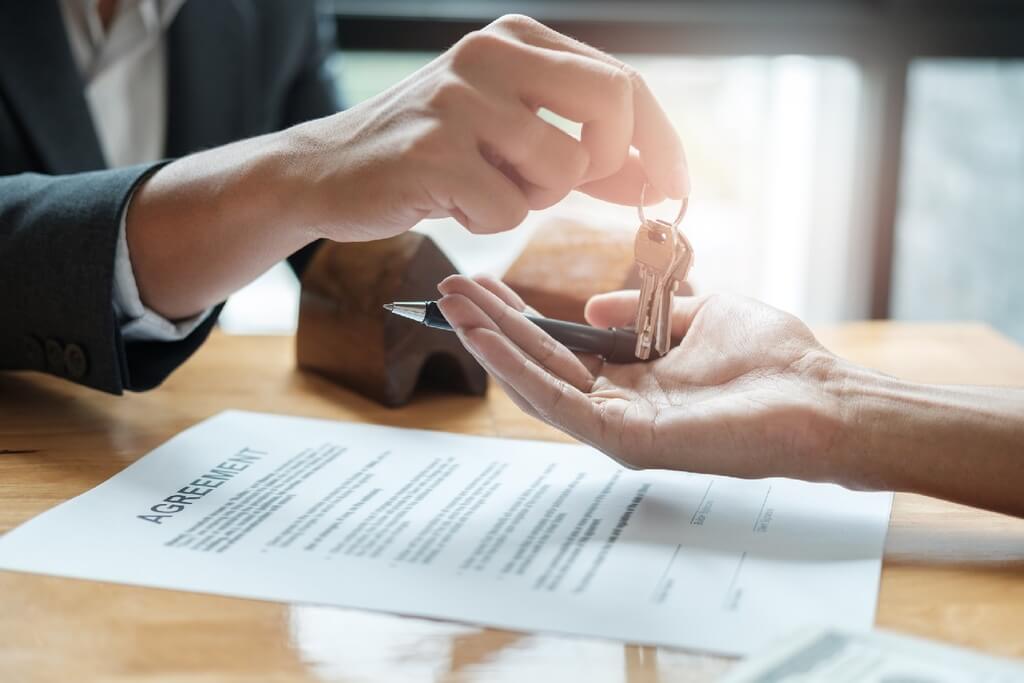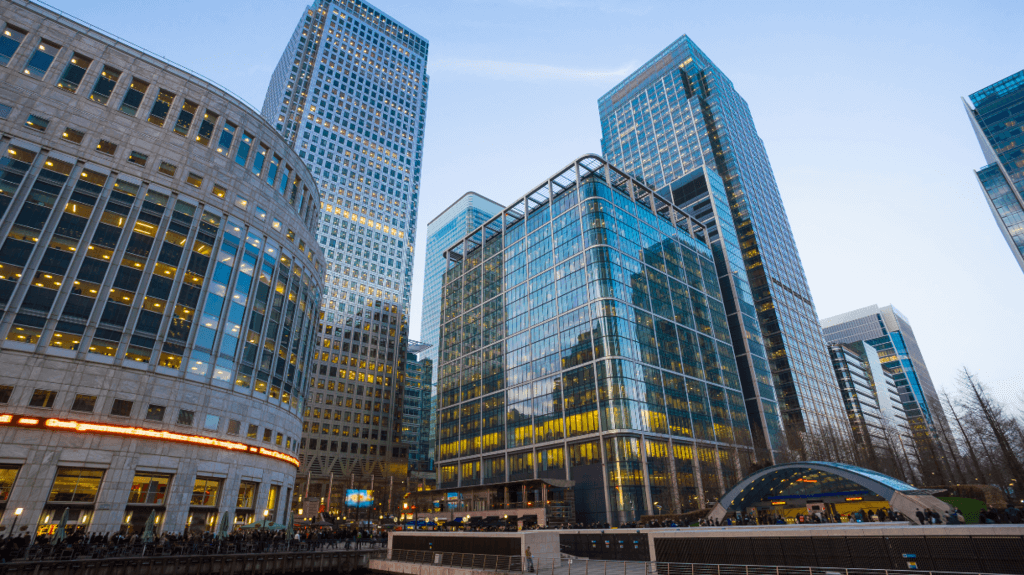The place of your business can have a great impact on its longevity. So, choosing the right place to launch your business or relocate is critical if you wish to stay afloat. However, getting the right business property is not as simple as it seems, especially when you are new in the real estate game.
Buying a business property is not your typical real estate game — it is a high-stakes chess match. Whether you choose to lease or buy, you will find yourself navigating through financing, deciphering taxes, and dealing with regulations. Sound decision-making is your ultimate secret weapon, as you will be lured into several sweet deals. However, you will have to be resilient with an iron will to get the right property that will benefit your business.
This article looks into the ten factors to consider when choosing the right business property to lay the foundation of your business’ success.
Examine Your Business Needs
When searching for a business property, devising a well-thought-out business plan must be the first strategic move. Since this plan will serve as the blueprint for all future endeavors, it also includes crucial details like the size of your property, the basic amenities you will require, structural specifications of the space, if any, and a complete overall layout. Considering long-term goals to ensure your business’s longevity, it becomes essential to narrow down the property of your choice and select a suitable business property that allows further expansion.
Commercial real estate comprises four main classes: industrial, retail, multi-family housing, and commercial office spaces. Depending on the trajectory of the business, it becomes imperative to define the property usage based on these classes. Each facet of commercial real estate demands careful consideration, shaping the breakthrough of your successful business journey.
Tips for Choosing the Right Business Property
1. Research the Market

Choosing the right business property involves an element of uncertainty and can make future predictions challenging. Fortunately, any successful property investment is not a stroke of luck but relies on rational decision-making based on thorough research. Understanding market conditions, upcoming projects, and pricing trends can help thoroughly research an ideal commercial property.
Considering the future developments in the chosen location before purchasing a property impacts investment returns. Investing wisely in developing areas also tends to yield higher returns.
2. Visualize Property Requirements
Understanding your business’s unique property requirements helps refine various essential factors. Knowing the approximate property size, layout, location, facilities, and structural requirements makes investing in any chosen property easier. Long-term plans, like business expansion, can also be considered when hunting for a commercial property.
Keeping a lookout for the property ambiance helps reflect the business image and influences the brand’s profitability. For instance, specific usage, like ground-floor shops in malls and well-lit corner offices, significantly impacts property preference.
3. Narrow Down Location
Other factors that could affect the ideal location of the property are the locations of competitors and the available infrastructure. While prime areas are desirable, weighing the cost implications of choosing a hotspot location becomes necessary.
Pro-Tip: Search for a location that serves a healthy level of competition to take advantage of the existing customer demand.
4. Decide on Lease Arrangement

When deciding on a commercial property for your business, you can first weigh the pros and cons of buying versus renting. Renting offers flexibility and requires less upfront capital. On the other hand, buying allows property customization and potential value appreciation. Leasing involves a long-term agreement between the property owner and the occupant.
Understanding the lease structure and associated risks becomes crucial to establishing your budget. Carefully assessing the pros and cons before choosing ensures it aligns with your business goals.
5. Check Up Business Rates
Before deciding to buy or rent a commercial property, estimating the business rates and predicting the bill rate is essential. Assess the post-tax and insurance income to determine your annual earnings. A thorough calculation helps in making informed decisions and understanding future outcomes.
6. Analyze the Layout

Property layout directly influences the operational efficiency of a business. Verifying that the project has secured the necessary approvals from relevant authorities is essential. Reviewing all records, financial data, and official documents makes proceeding with the chosen property easier without risks. Also, checking the property’s legal description and inspecting the construction blueprints helps make the right decisions instead of ill-informed ones.
Pro-Tip: Whatever the scale of your business, make sure that there is enough parking space for all stakeholders involved.
7. Investigate the Risks
Investigating all the potential risks involved makes future operations seamless. The scope of risk associated with the property’s purchase can be recognized by evaluating market trends, the property’s location, and its historical performance. Understanding and analyzing these risk factors is necessary before making an investment decision.
8. Go Through a Value Evaluation
Effective negotiation is critical to successful business agreements. You can research nearby comparable properties and their rental rates to inform your negotiations. It is crucial to anticipate hidden costs, like registration fees and maintenance, and make a point of it in the contract. Considering the operating expenses such as utilities, taxes, and maintenance when leasing or buying a property becomes necessary to avoid unexpected budget constraints.
9. Consider Legal
After securing the ideal business property, adhering to various legal obligations and regulations becomes necessary. For instance, making changes in the building’s use may necessitate planning permission in compliance with health, safety, fire, and accessibility regulations. Seeking out legal counsel before making a deal is always a good option.
10. Consult an Expert

With no prior experience in this industry, purchasing a business property can become troublesome. By considering and valuing expert advice, business owners can significantly reduce these challenges. Taking opinions from property consultants, attorneys, and accountants is an enormous help. They can source the information in their respective fields based on their experiences.
Pro-Tip: Consider getting an experienced professional on board instead of going for a friend of a friend!
FAQs
Buying a commercial property holds great potential and offers substantial returns, reduced risks, and high point value. They also provide tax benefits, security, appreciation rates, and a continuous source of income inflow.
You should take into account factors like your needs for the property, whether you plan to buy or rent it, its market value, location, business rates, layout, etc
You can start with a business plan. Researching the market conditions, understanding property requirements, and selecting the right location. Seeking expert help from property consultants, attorneys, and accountants can simplify the process.
Final Thoughts
Making informed decisions to choose the right business property is necessary. From understanding the needs of your unique business to researching the market and evaluating potential risks, every step is a building block to a successful property deal. By seeking expert guidance and navigating the process through well-informed decisions, the right property can become the founding stone of your successful business.
Explore Further:

